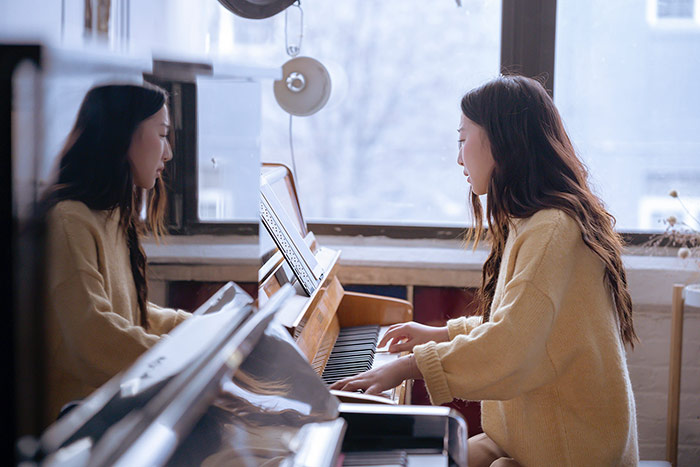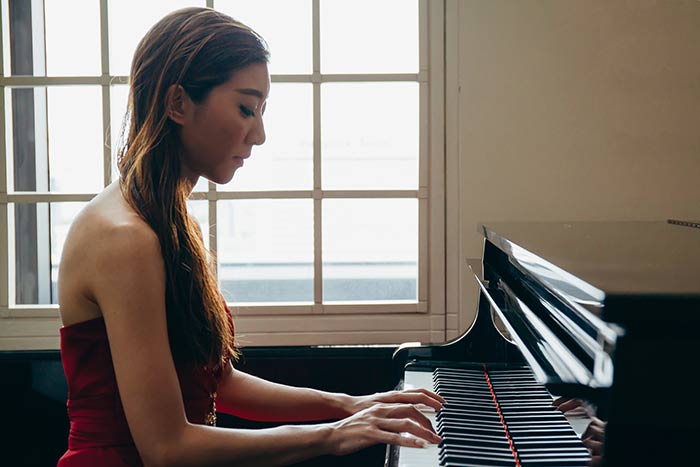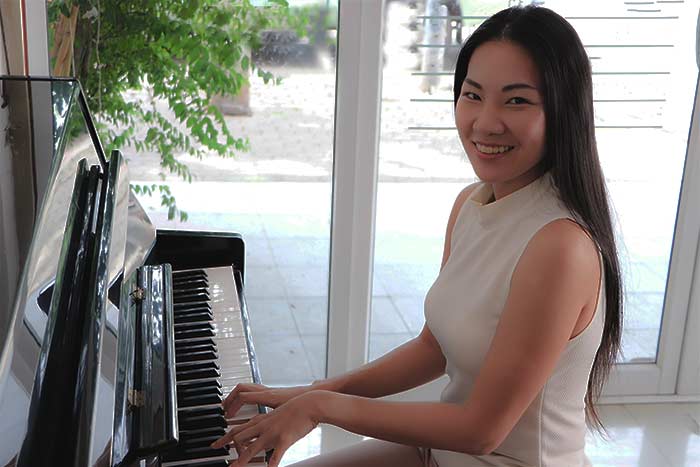One of the imperative things about learning to play the piano is being able to practice 15 minutes daily. Or at least 30 mins every other day anyway. On your own away from a tutor going over the things that were last learned so to get it right. This means having a piano to play when you choose. Not only can you choose what time of day you want to play you can stay on it all day if you like. You can eat a meal and then if you feel like having a go, it’s there. Waiting for you.
It is worth considering this when you are thinking about starting. If you have a lesson once a week for instance and don’t have accessibility to a piano in between lessons it will take a lot longer to learn. A week can be a long time and you will forget things you were taught. It’s a commitment to the lessons themselves and to finding time for practice. History suggests that for the most part you will actually enjoy playing the piano, so it should not be a chore to practice. It should be downtime, your time, your improving-your-ability time.
The satisfaction of getting to a lesson and knowing you have put some effort in at home so therefore you can show your tutor your progress is second to none. It means you can move on to the next bit smoothly keeping a great pace.
A teacher will always want you to practice. There is no getting away from it so consider the implications. They will always give you homework too. It will become tedious for the teacher if you don’t progress due to no practice.
If there is no possibility of having a piano at home, will you have access elsewhere: a college, a studio, friends? Will you commit to going there regularly? If it’s due to funds maybe rent a digital keyboard or a piano and then see how you get on. Then invest later, but be prepared to invest. We at S & C can advise what instrument to purchase.
It also shows you are serious. Your progress will please you and it couldn’t be easier when it’s at home. It may even look good in your home. Especially when you are playing a Beethoven piece perfectly in front of your next dinner guests!







